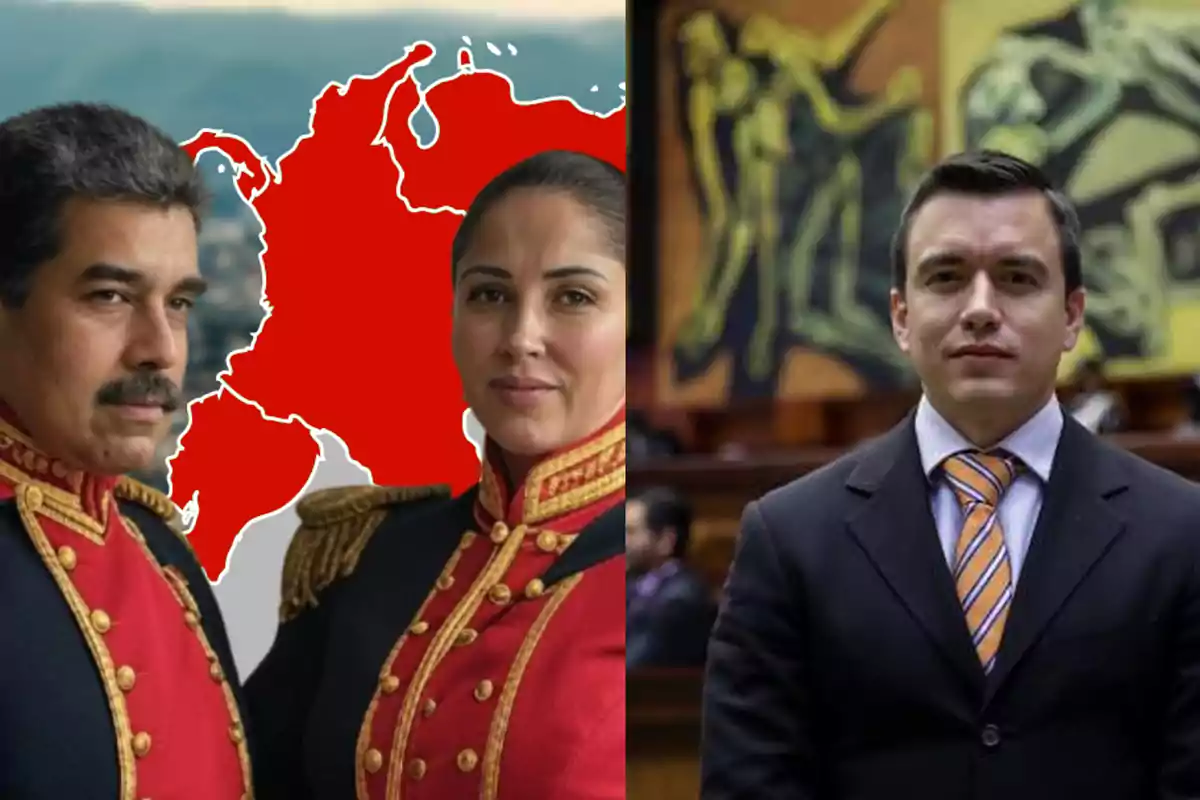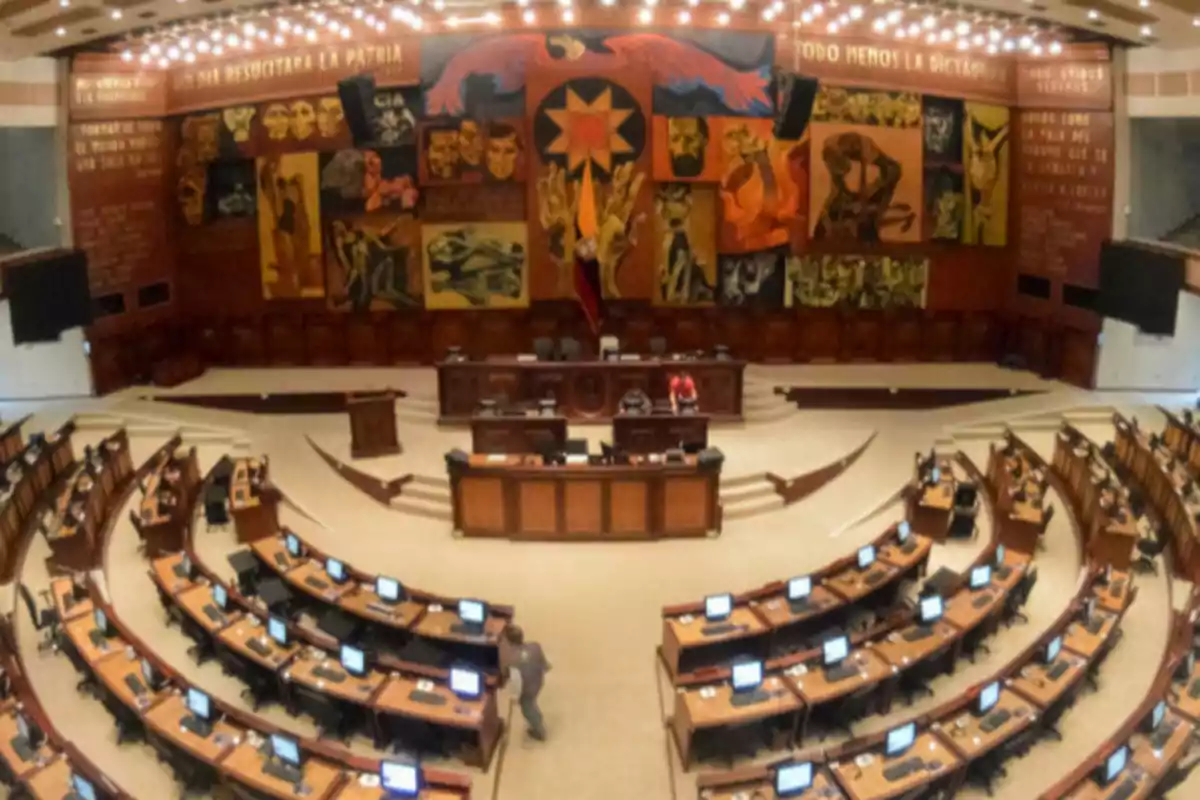
The lack of clear proposals from Luisa González sparked doubts about her governability.
During the debate, the candidate avoided answering about her relationship with Maduro and state control
The axis of governance in the presidential debate exposed Luisa González's discursive weaknesses, as she avoided clarifying key aspects of her government plan and showed a confrontational attitude toward direct questions about democratic institutionality. In contrast, President Daniel Noboa presented structural proposals aimed at constitutional reforms and institutional strengthening.
When asked about national agreements, González repeated commonplaces like "unity" and "keeping one's word," without presenting a specific program. Avoiding mentioning how she would guarantee the independence of functions fueled fears of possible political control in the style of Correa's administration. Her defense revolved around emotional rhetoric that avoided technical details and verifiable proposals.
At several points during the debate, Noboa questioned the candidate about her apparent connection to plans for institutional control. Leaked chats where she was referred to as "Kermit the Frog" raised alarms about attempts to take over the Superintendency of Banks. In response to these allegations, González resorted to personal attacks and disqualifications, without concretely denying the accusations.
Strategic silences and evasions about Venezuela

One of the most critical moments occurred when Daniel Noboa directly asked if Luisa González recognized Nicolás Maduro's regime. The candidate avoided responding clearly and shifted the focus to a presidential decree on migration, creating uncertainty about her stance on authoritarian governments. This ambiguity reinforces the concern that her political project is aligned with totalitarian models.
In her final message, González once again appealed to emotion, speaking of freedom and hope, but without detailing how that transformation would be achieved. In contrast, Noboa insisted that true freedom involves strengthening the Armed Forces, reforming justice, and ensuring a country open to the world, free from narco-states or regimes of ideological imposition.
"There are two options here: totalitarianism or democracy, freedom or a dictatorial regime similar to Maduro's," expressed Daniel Noboa during his closing remarks.
Luisa González, by avoiding responding about her role in previous governments and her silence regarding control institutions, left open the question of what type of leadership she truly represents. Meanwhile, Noboa presented himself as a figure with a reformist vision, seeking a balance of powers and state modernization.
With the country facing deep challenges in security, institutionality, and development, the electorate will have to decide between a clear and democratic governance model or the risk of a return to structures that have already caused crises in the past.
The debate showed that while Noboa proposes a path of reforms to ensure governance, González did not clear up doubts about her independence from Correa's influence and her true country project.
More posts: